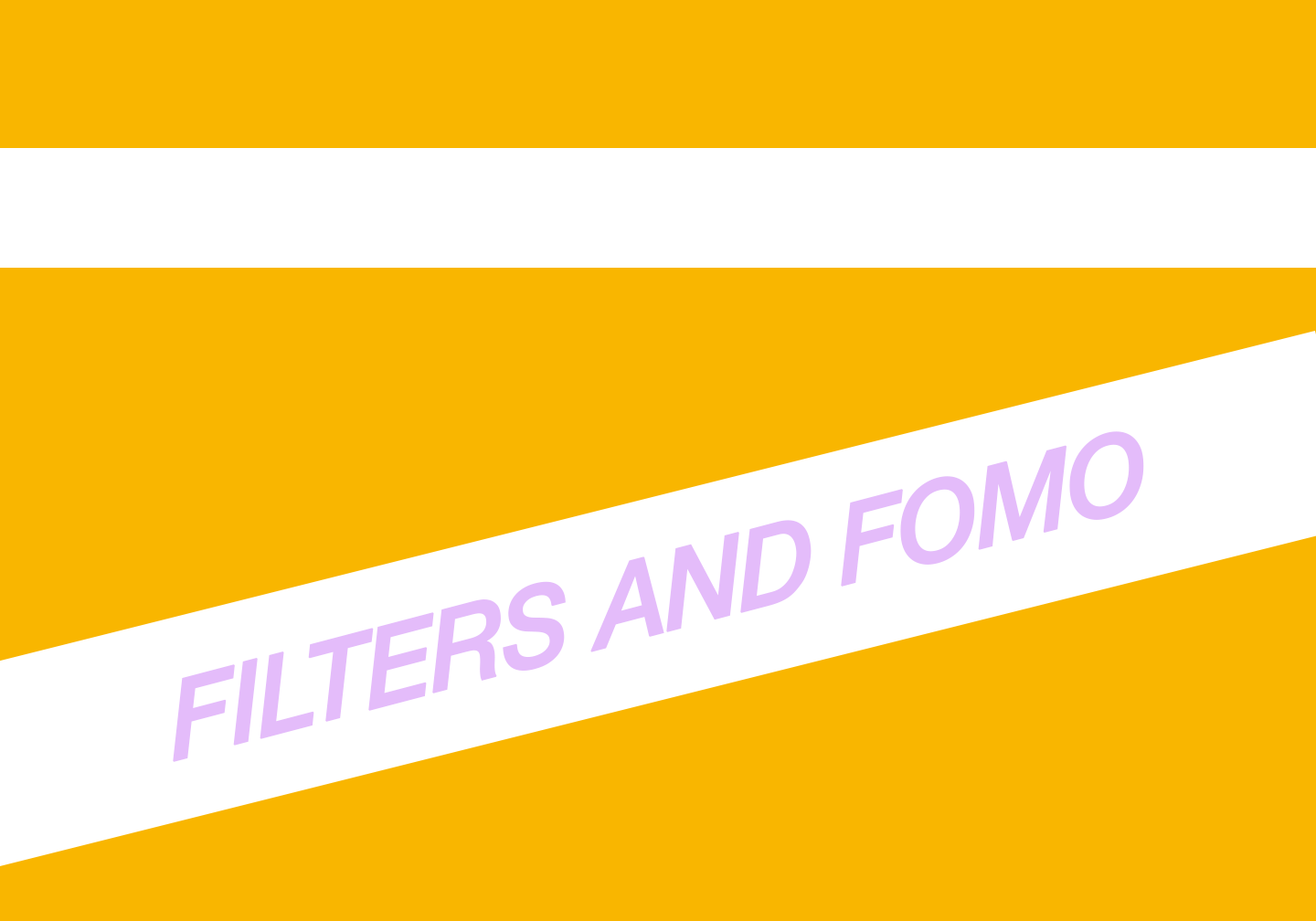Social media can help hone aspects of our real-life selves and enable us to express ourselves more honestly
[Written By: Katy Scott]
My relationship with social media and how it has influenced my identity – particularly my perceived identity – is a confusing one. My online persona is pretty fake, but it suits my requirements of social media: to make me look semi-employable and to store those holiday pictures I want to delete off my phone for more storage.
A few years ago I would often upload pictures of what I had been up to because, as the ancient proverb goes, pics or it didn’t happen. Nowadays, I feel a lot less pressure to update so often. Despite this, after a trip to Italy teaching last summer, I decided to upload an album of my favourite pictures. A few months later, a new friend commented that, having added me on Facebook months previously, she was surprised by what I was like when she eventually met me in person. Apparently, I didn’t match the version of myself conveyed in those pictures.
By now, it’s cliché to say that people are fake online. I don’t post much but when I do, it’s always positive and it’s not even remotely true to who I am. It’s a sanitized, happy, family-friendly (I have relatives on Facebook – rookie error) version of myself. Anything more is too open.
We do this in most facets of our life though – we don’t alter aspects of ourselves for social media alone. I can bet that the version of you that chats to your mum on the phone about all of those lectures you may or may not be attending is far different from the version throwing up in Hive and triple texting That Guy. So maybe social media is just another example of this manipulation of our identities?
The issue, I suppose, is that we’re not always lying to our mums on the phone, and we’re not always throwing up in Hive and texting questionable fuckboys (hopefully). However, some estimations suggest that we can spend upwards of two hours every day on social media. At what point does this social media mask become harmful? Suppressing our true identities every so often isn’t hard, but feeling pressured to do so for hours every day? At what point do we begin to blur the lines?
I’m not going to lie: it’s not fun scrolling down your Facebook feed and seeing people smiling and succeeding after you’ve just had a huge fight with your boyfriend and you’re doing badly at work. But I believe we’re at a point now where we know it’s not all there is to the situation.
Recently I’ve noticed, in my small sphere of social media, that some people are more open to posting about the negative aspects of their lives – by no means as much as the positives, but it’s weirdly reassuring to see things like this. People are obviously trying to fight against this notion of perfection, especially in discussing stigmatized topics. From posting about a bad mental health period to candid discussions of bad familial relations, I’ve seen a lot of these posts in just the past week and it’s refreshing to witness real people discussing their struggles online for the world to see, and refusing to be ashamed of it.
While I don’t think I’ll ever be completely open on social media, and I don’t think anyone else is obliged to be, it’s nice knowing that we’re getting closer to portraying ourselves more honestly. As a generation, I’d go as far as to argue that we’re getting better at putting our phones down, with many of my friends resolving to try and not to waste hours scrolling online. We all know how rotten you can feel after you’ve wasted hours of valuable free time reading about the fake lives of people that you’re not really friends with.
Despite what the new prophet Black Mirror may suggest, I’m feeling somewhat optimistic about the future of our online personas. I hope to see the gap between the online version and the real thing narrowing even more as we progress into much more honest territory, one where we can acknowledge and own the fact that we aren’t happy and succeeding all of the time.

